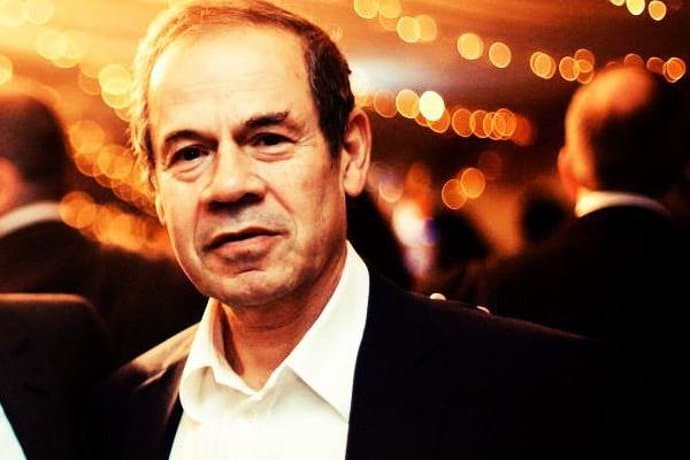If PokerStars was once an empire of the online world, then Isai Scheinberg was its emperor. Over a relatively short space of time, Scheinberg’s online poker room had ridden the crest of the poker boom to become an all-conquering business behemoth, basking in the rays of the golden age of poker. It would not last. The fallout from what followed has followed Scheinberg ever since, but now, he is finally ready to fight the charges levelled at him.

$1,000,00 Bail fee
This month, the former owner of PokerStars voluntarily flew back to the United States to lay his hands down into the waiting cuffs of federal law enforcement in New York. This act of surrender was no submission however, as he then entered a plea of not guilty at his preliminary hearing. He stood charged with bank fraud, money laundering and illegal gambling. Posting his $1,000,000 bail fee, Scheinberg left the Manhattan court, and the legal wrangling over his case could begin.
The end of PokerStars’ glory days
During the glory years of online poker, PokerStars had competition of course, in the form of Full Tilt poker. However, after Black Friday in 2011 and the overnight collapse of the only rival to PokerStars, a monopoly was established. It wasn’t plain sailing for any online poker room after that day, though.
The poker room may have survived the United States government’s crackdown on online gambling, but they had lost their customer base in the country. Isai Scheinberg helped representatives of the US government to facilitate the repayment of funds to players who had been affected by Full Tilt’s demise and their subsequent inability to pay players back. This did not however, remove the target from his own back. The US government were adamant that PokerStars had been operating in their country illegally and demanded a day of reckoning in court.
Isai’s path
Control of PokerStars passed to Mark Scheinberg, Isai’s son, while the former owner was sharing his time between Canada and the Isle of Man. Mark Scheinberg sold PokerStars to Amaya three years later for $4.9 billion and in the years that followed, the online poker room’s loyal player base dwindled in the face of changes made by the new owners. This was no longer any concern of the Scheinbergs, who disappeared from the online poker industry.
After almost 20 years away from US soil, 73-year-old Isai’s path finally took him to Switzerland, where his journey back to the US would begin. US authorities had been paying close attention to Scheinberg’s movements and quickly began initiating extradition procedures once Scheinberg reached Switzerland. After some initial resistance, he agreed to board a plane back to the US to hand himself in. Federal prosecutor Olga Zverovich has suggested the basic principles of a deal are in place, which seems likely to keep Scheinberg away from jail. This is despite the fact that some other executives involved in the crackdown
have already been to prison for their role in PokerStars operating in the US. All who have been indicted have so far wound up pleading guilty. The fact that Scheinberg is currently pleading not guilty is perhaps simply a temporary state of affairs while the details of the deal are secured.
The end of an era
Many poker players will look back with great fondness on the 2000s as a decade when online poker burst into life and riches were there for the taking for anyone who was willing to work hard enough at their game. PokerStars offered a vast player pool with many recreationals which was fair in its dealings and put player interests first. That dream has been dying for some time, but Scheinberg’s return to US soil is a fitting way to finish writing the final page before closing the book.
The current online poker landscape is now evolving quickly with many opportunities still available to players, yet without a clear leader. GGNetwork and partypoker are pushing hard to try to overthrow PokerStars. More interestingly, an entirely new category of options – mobile apps like PPPoker Upoker and PokerBros are allowing players to host their own games. They have been growing exponentially in recent times, including in the USA.
Whatever the current landscape, one thing is certain. The era of one global brand with shared global liquidity of player pools and acceptance of online poker in every country now seems to be decades away, if not impossible.




